I didn’t mean to fall into the Labubu rabbit hole. One minute I was casually buying a blind box at a Pop Mart store. Next thing I knew, I was lining up outside malls in three different countries, chasing drops, and refreshing reseller pages at midnight. I wasn’t just collecting Labubus—I was becoming part of something.
And yes, I even succumbed to the Lafufus—the soft, squishy, slightly strange cousins of Labubu. I told myself I was doing it for joy. For comfort. For aesthetics. But deep down, I was chasing something more primal: social acceptance.
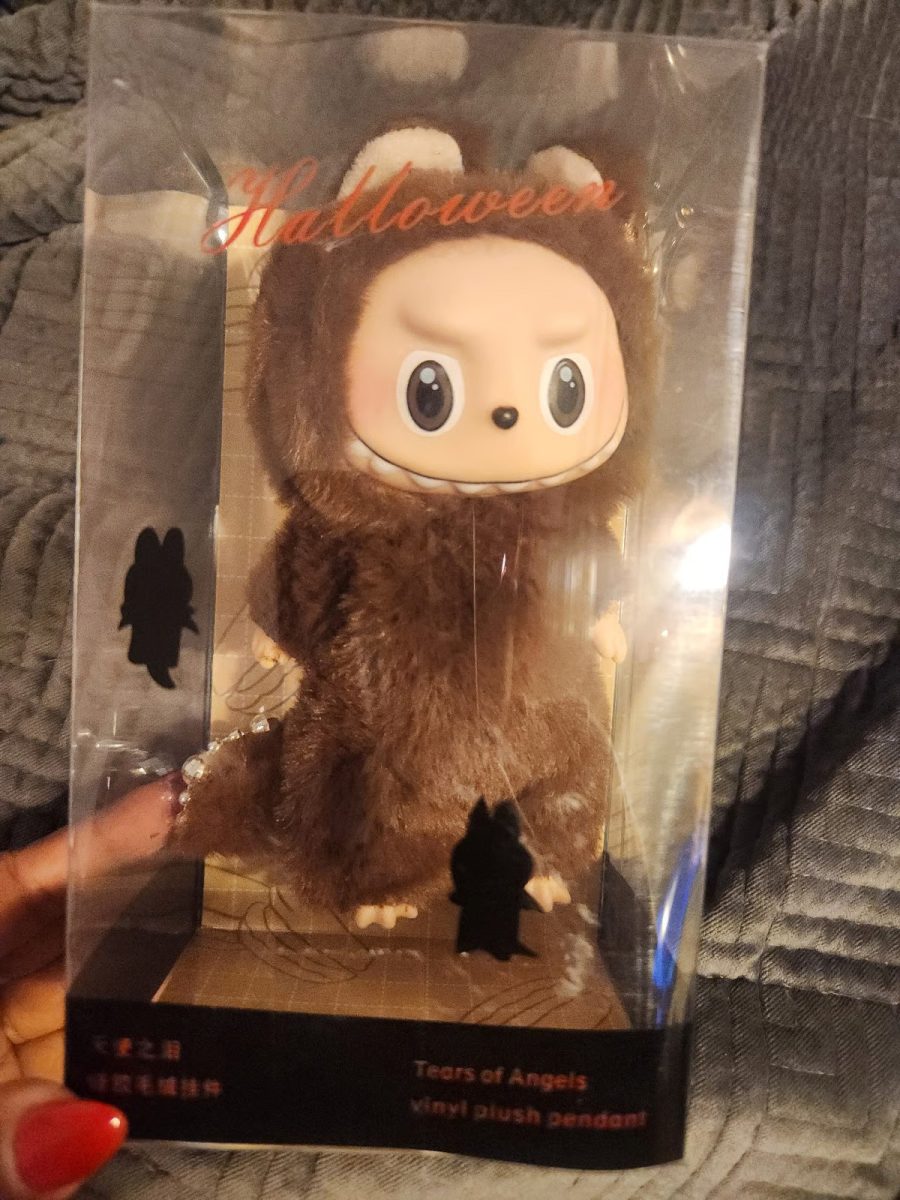
I thought I was in control. But I was just feeding a machine—one that thrives on our hunger to belong, and our need to buy our way into it.
Labubu as a Symbol of the Beautiful Trap
Labubu, with its sharp teeth and mischief, is ironically the perfect mascot for late-stage capitalism. It’s weird, lovable, and cleverly marketed with artificial scarcity. You don’t just buy one—you open box after box, hoping to strike gold. And when you do, you post it, share it, and instantly want another.
Then comes Lafufu, the soft antidote to Labubu’s chaos. Plush, pastel, and oddly calming, it fills a different void—the need to be soothed. When life feels overwhelming, buying cute things becomes a coping mechanism .Brands know this. Pop Mart knows this.
It’s not just fandom; it’s an engineered desire.
Overconsumption, Wrapped in Cuteness
I own more Labubus than I can count. At one point, I had them arranged by theme, color, and emotional value. And for what? A dopamine hit? A fleeting moment of internet approval?
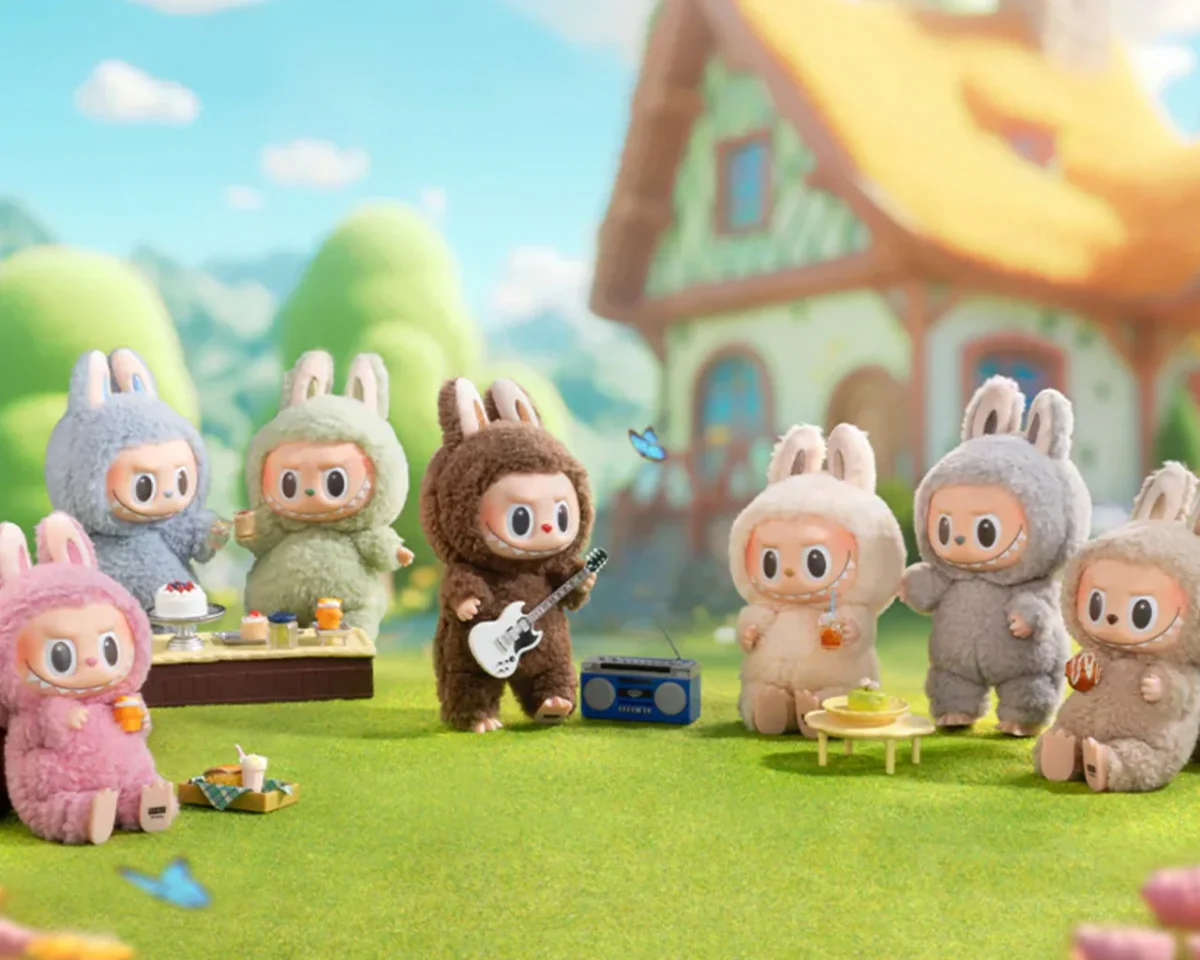
It’s easy to mock people who overconsume, but harder to admit when it’s us. The toy drops. The limited runs. The reseller panick. It creates a pressure cooker where joy and anxiety blur. We don’t just buy things—we buy stories, identities, and escape. And we do it over and over again, knowing the high is temporary.
This is the essence of modern consumerism: we are taught to fill emotional emptiness with purchases. And when the novelty wears off, we buy again. It’s a trap disguised as happiness, and I fell for it willingly.
“Eat the Rich,” Until It Comes to Us
We love to say “Eat the rich.” It makes us feel radical, angry, awake. We laugh at billionaires hoarding wealth and buying superyachts, while quietly amassing our own shelves full of collectibles made in factories we’ll never visit, owned by corporations we’ll never question.
The truth is, we are eating the rich—until the moment we see ourselves on the menu. Then it’s just “retail therapy”, “just a hobby’, “a little joy in a hard world.” But overconsumption, even in miniature, is still overconsumption. It’s still part of the machine.
And the richest people in the world? They’re not lining up for toys. They’re selling them to us.
What I’ve Learned in the Queue
I don’t regret falling for Labubu. Honestly, I still love the little freak. But I regret not questioning why I felt the need to chase it so hard. Was I bored? Lonely? Looking for community? Or just playing my part in the cycle of scarcity and desire?
Waiting in line taught me something: consumerism doesn’t just empty your wallet—it fills your identity. And sometimes that identity isn’t truly yours. It’s curated, marketed, and sold back to you in collectible form.
So yeah, I still have my Labubus. And my Lafufus. But I’m trying to ask harder questions now.
Not just, “Do I want this?”
But: Who profits from this hunger?
And what am I really feeding?

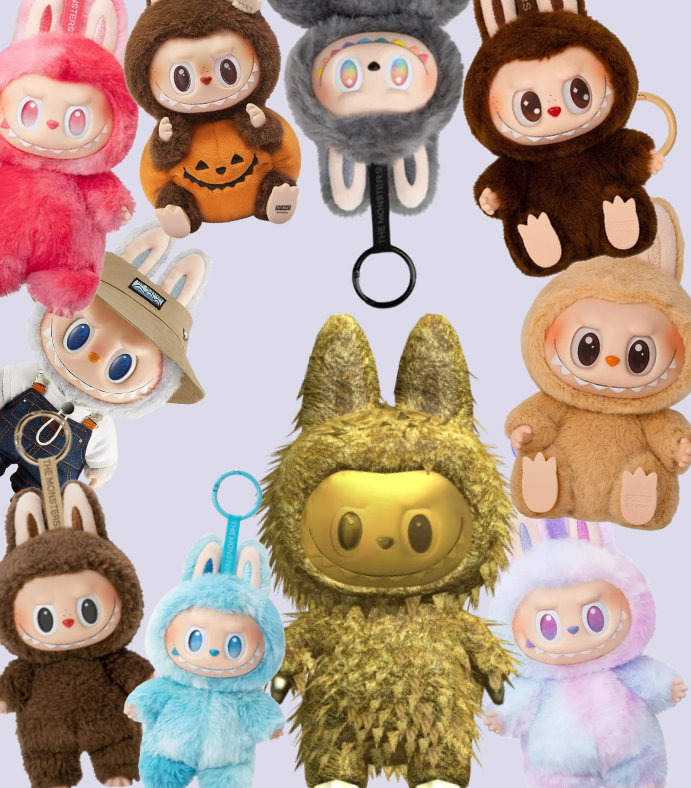




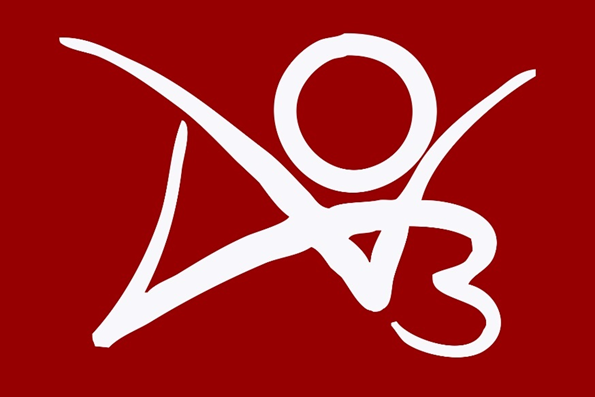
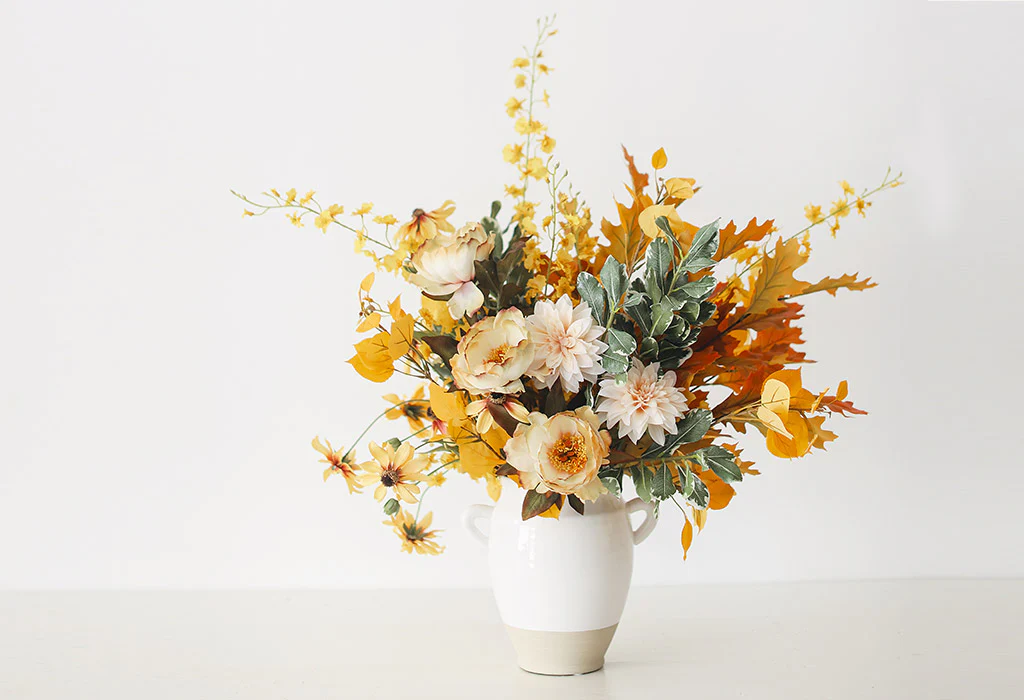

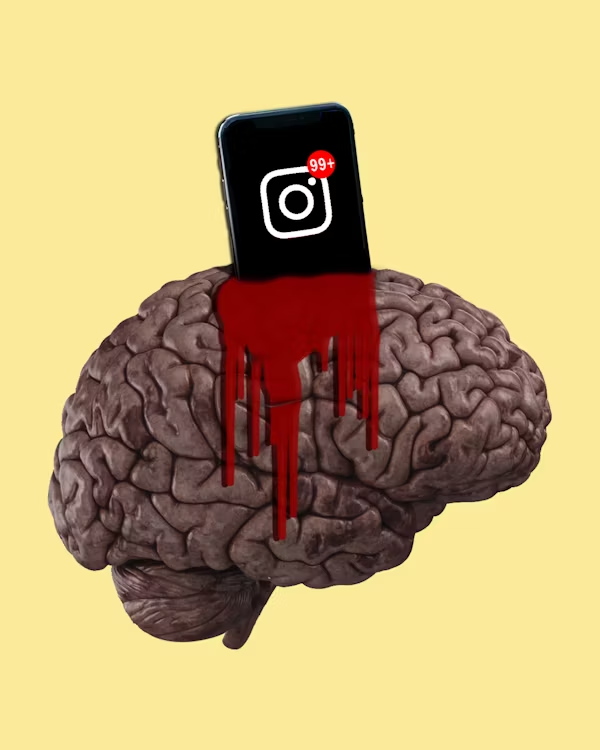
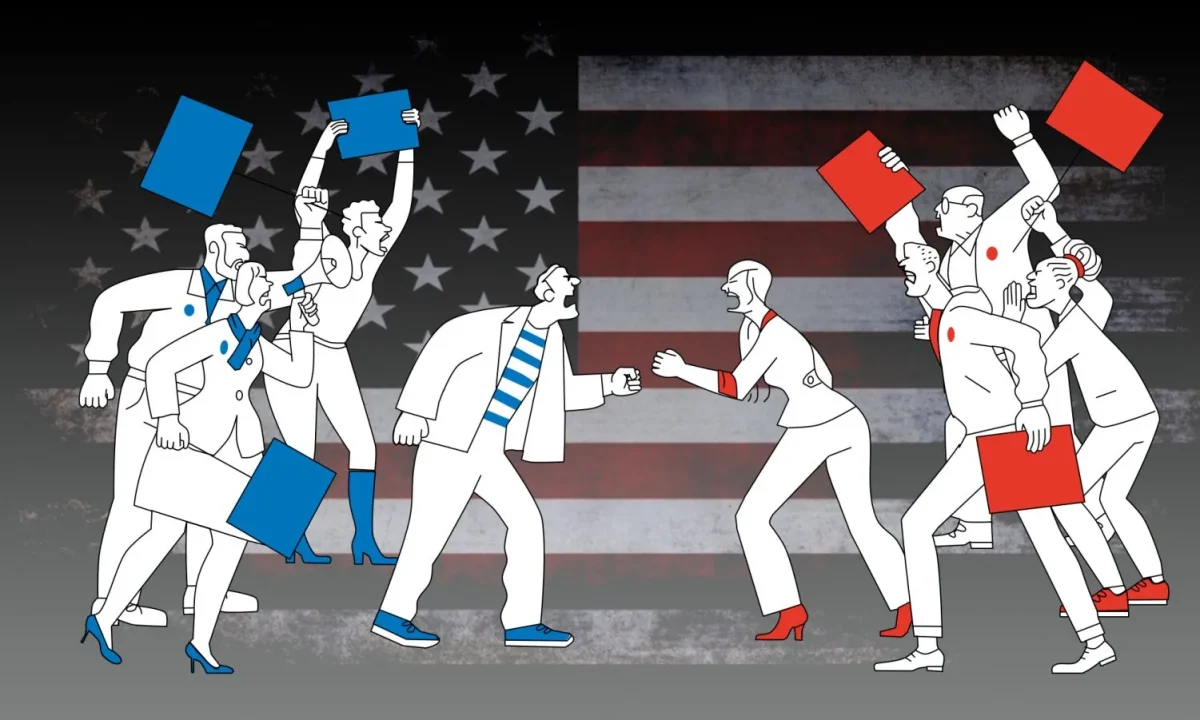
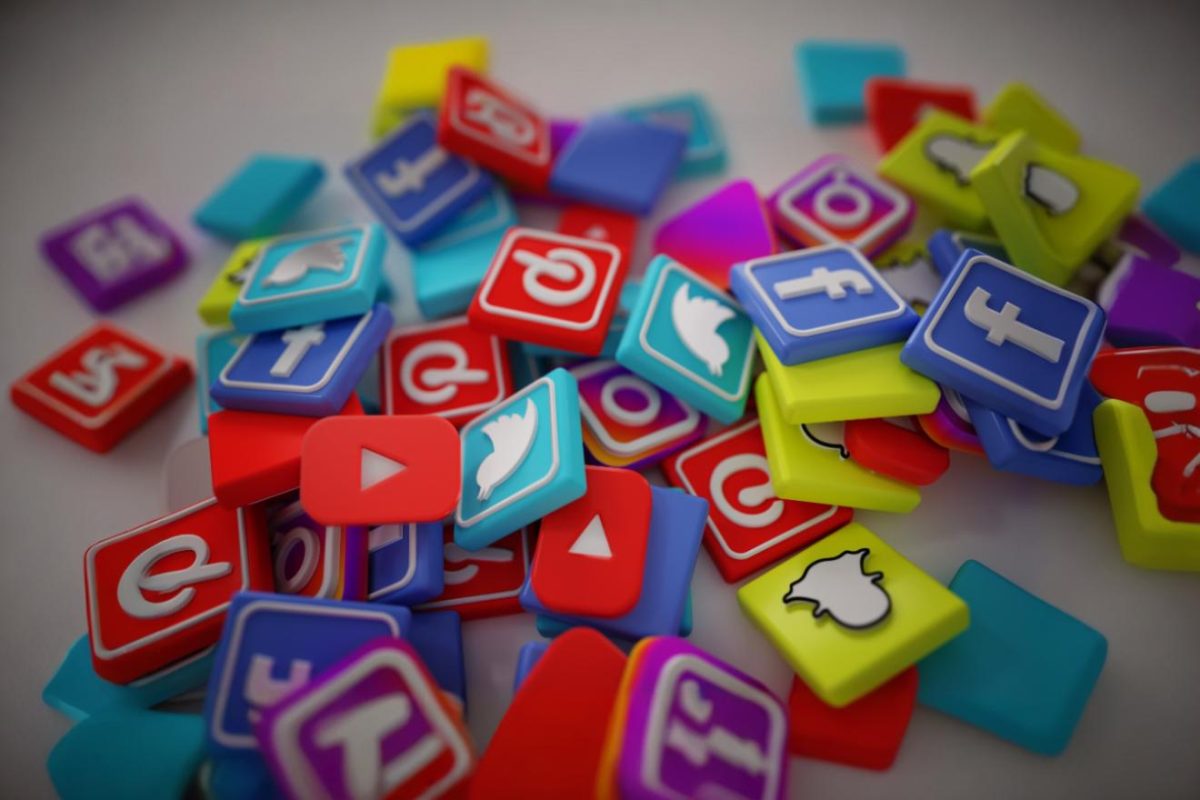


Tania • Sep 2, 2025 at 2:13 pm
Labubu Matcha Nonchalant Performative Male
Michelle • Aug 28, 2025 at 10:28 am
what if we all buy labubu forthe legal pad members
Phuong • Aug 26, 2025 at 9:50 pm
what a great article! GOATED cousin. i can attest to her labubu/lafufu collection